There is an epidemic of loneliness in the United States, and it is serious. Lack of connection can increase the risk for premature death to levels comparable to smoking 15 cigarettes a day, according to a new advisory from the U.S. Surgeon General Dr. Vivek Murthy. n nThe advisory released in May was titled “Our Epidemic of Loneliness and Isolation.” It finds that even before the COVID-19 pandemic, about half of U.S. adults reported experiencing measurable levels of loneliness. n nAdvisories are reserved for issues deemed significant public health challenges that “need the American people’s immediate attention.” This advisory outlines the framework for a new national strategy. It is based on six foundational pillars:
-
- Strengthening social infrastructure with resources like parks, libraries, and public programs
- Enacting pro-connection public policies at every level of government, including things like accessible public transportation or paid family leaven
- Mobilizing the health sector to address the medical needs that stem from loneliness
- Reforming digital environments to “critically evaluate our relationship with technology”
- Deepening our knowledge through more robust research into the issue n
- Cultivating a culture of connectedness with values of kindness, respect, service, and commitment, while modeling connection values and expanding conversations on social connection
The report warns that the physical consequences of poor connection can be devastating, including a 29 percent increased risk of heart disease, a 32 percent increased risk of stroke, and a 50 percent increased risk of developing dementia for older adults.
The report notes several factors that have contributed to this epidemic in America. One factor is the rapid pace of life. Another is that, across age groups, people spend less time with others in person than they did two decades ago. The problem is more pronounced in young people aged 15-24, with 70 percent engaging in less social interaction with their friends. The rise of relationships being grown on social media has contributed to this problem because it leads to lower-quality connections.
You can feel lonely even if you have many people around you because loneliness is about the quality of your connections.
The good news is that you have the power to increase the quality of your connections today—and you can do this without leaving your neighborhood or even your front yard.
You can start building connections with your neighbors today to help combat the negative effects of loneliness in America. The majority of Americans live within walking distance to more than one household, so it is possible to start building meaningful social connections right where you live.
It doesn’t matter whether it’s you who feels lonely, or if your efforts help build quality connections for others who are lonely, it’s worth the time. Social connections drastically improve our cognitive, physical, and emotional health. So, make a plan to connect with one person in your neighborhood today.
Perhaps you could make a commitment like my wife and I have to make some sort of connection each day. It could be as easy as saying hello to someone by name. (Or, asking their name if you don’t know it and writing it down so you know it next time.) Some days it might be more involved like rolling the trash can back from the curb or lending a neighbor a tool. But, if each day, each of us, tries to build quality connections, right where we live, we can stem the tide of this preventable epidemic.
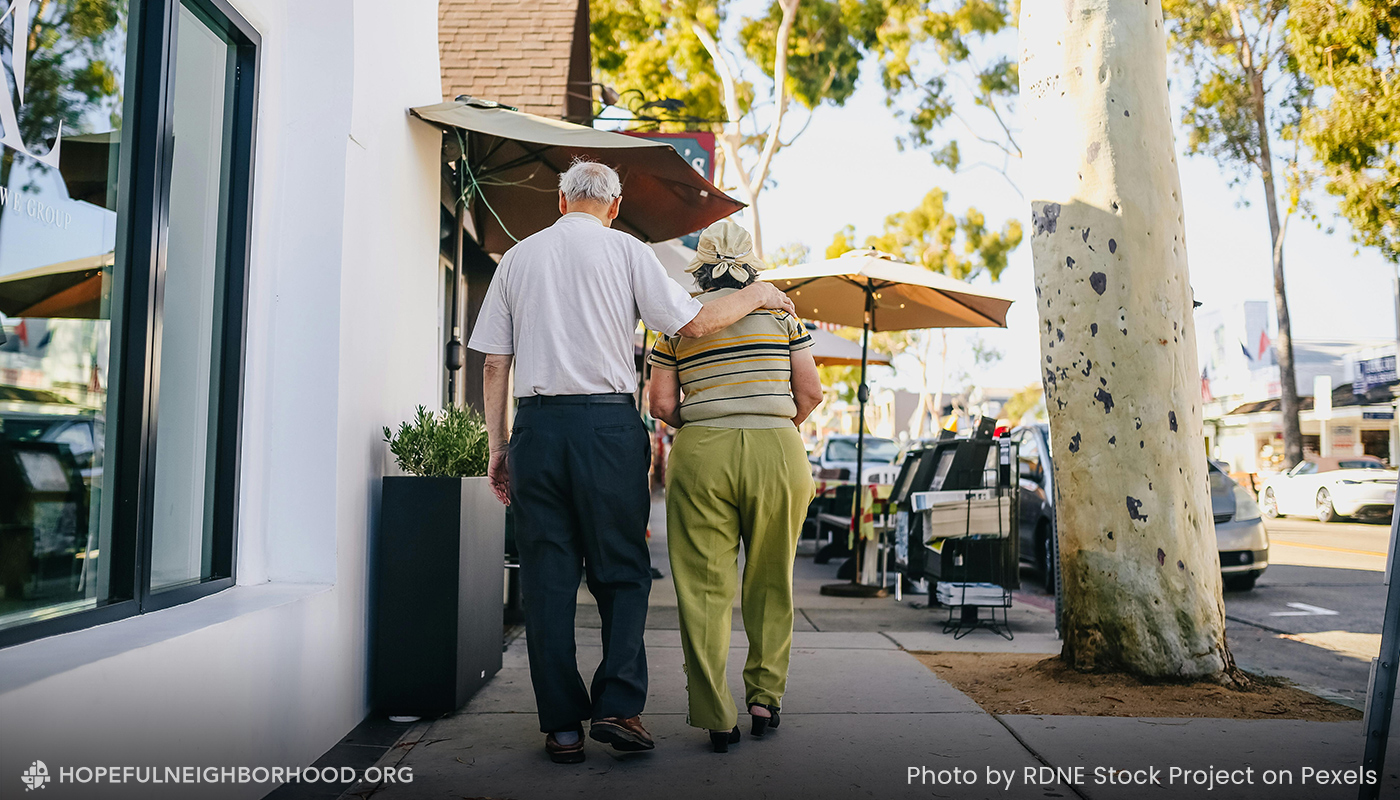
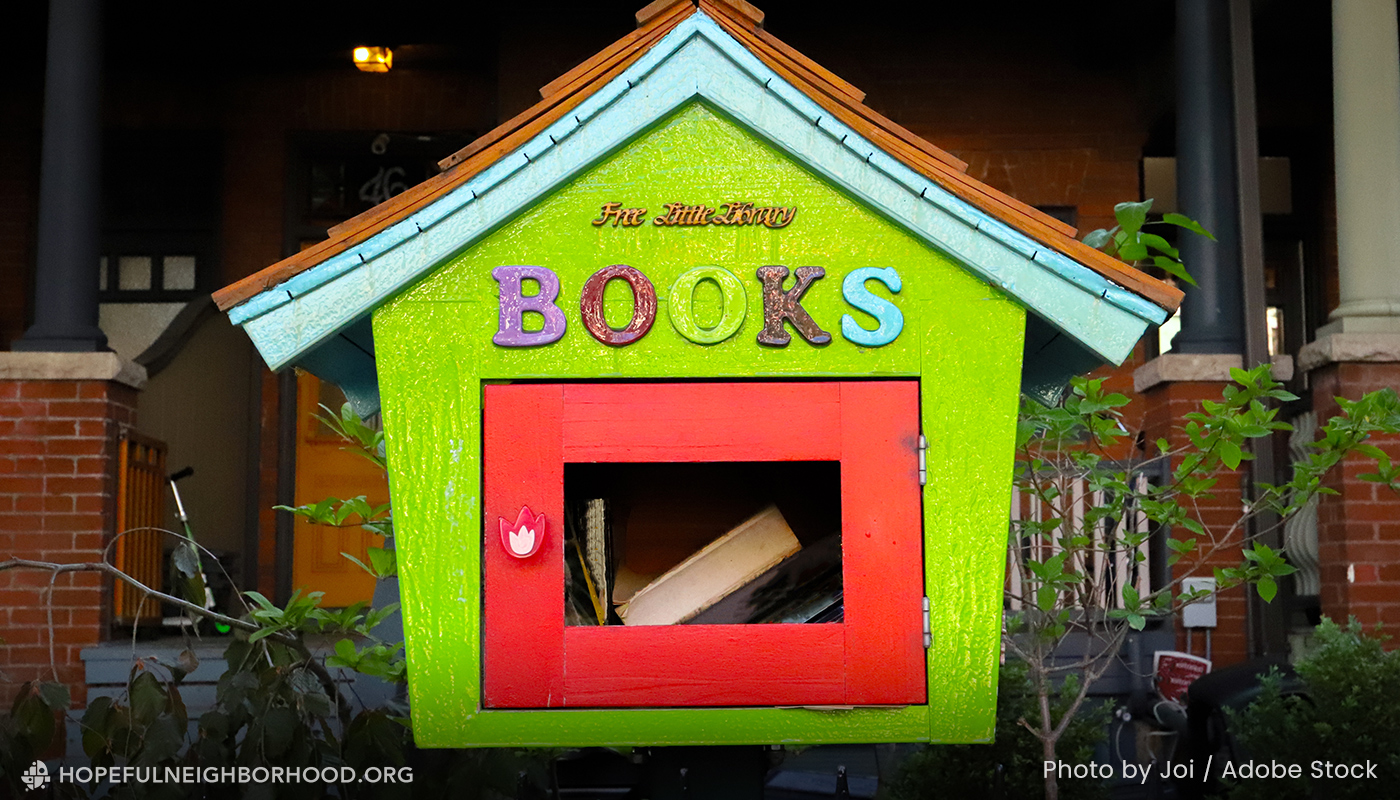
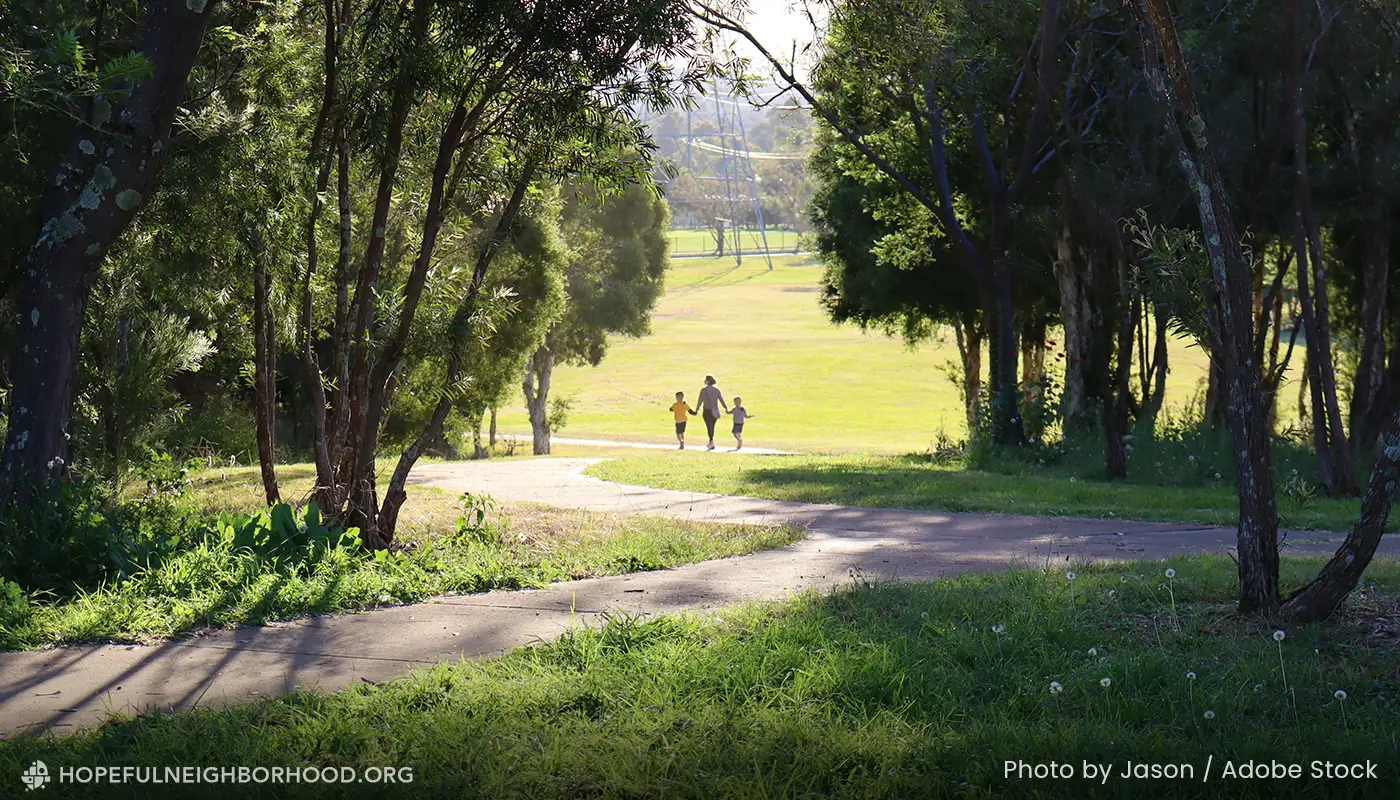
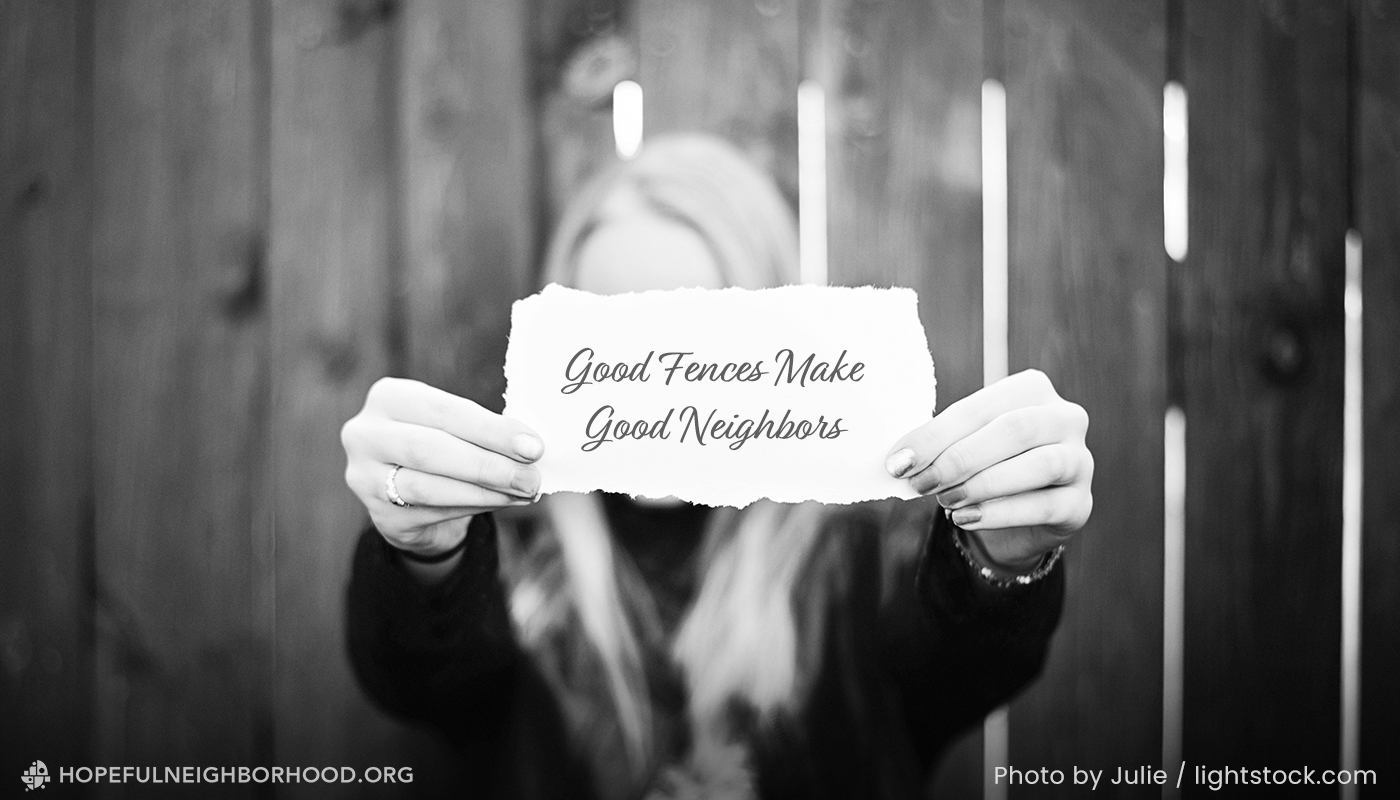
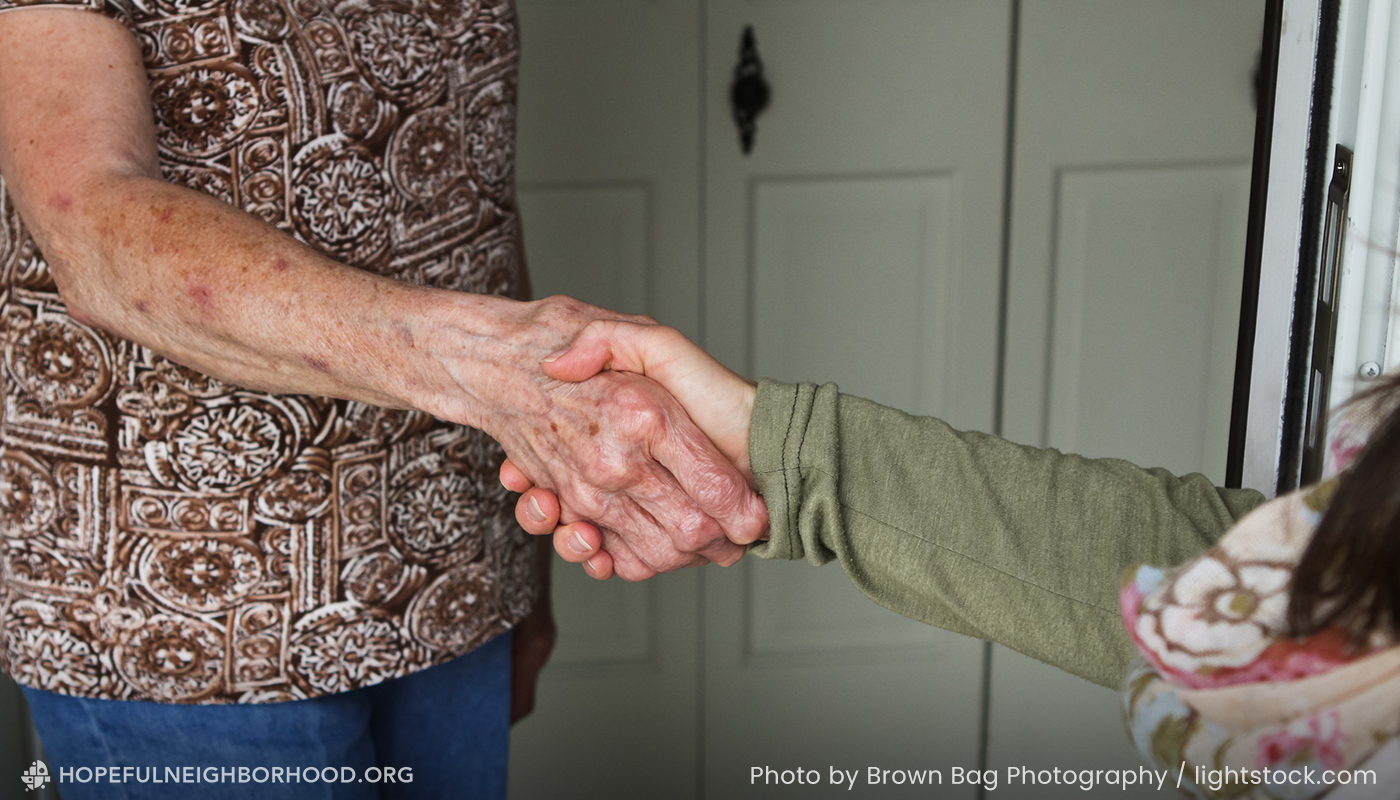
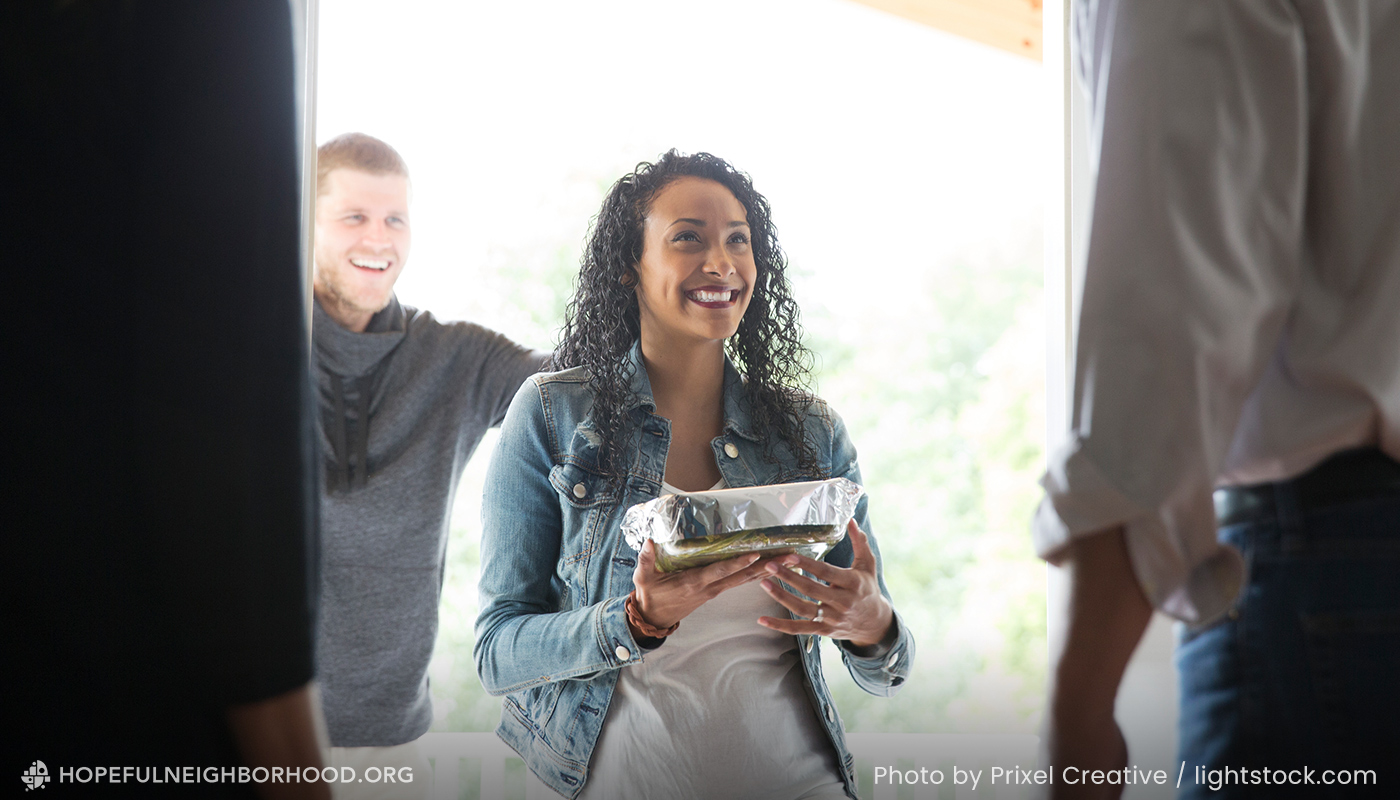
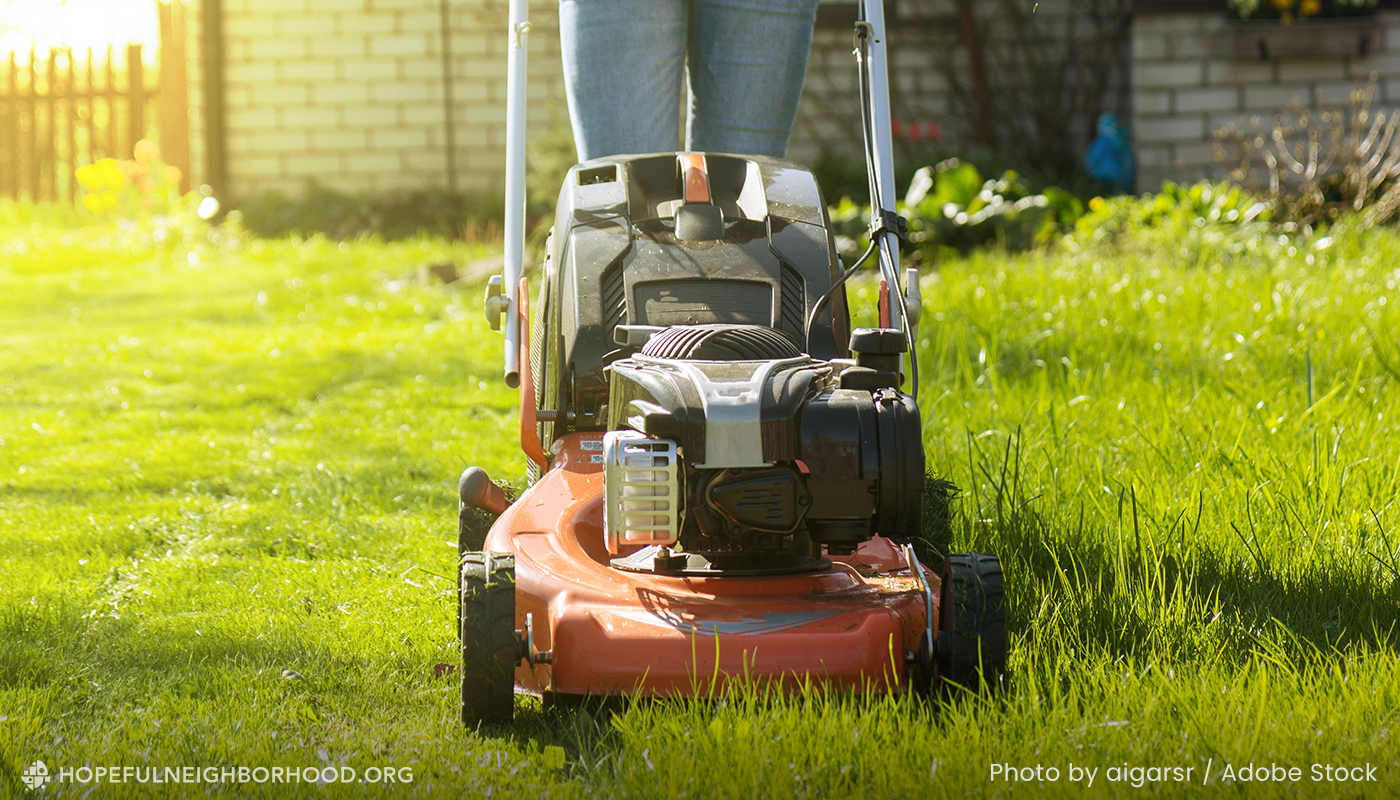
0 Comments